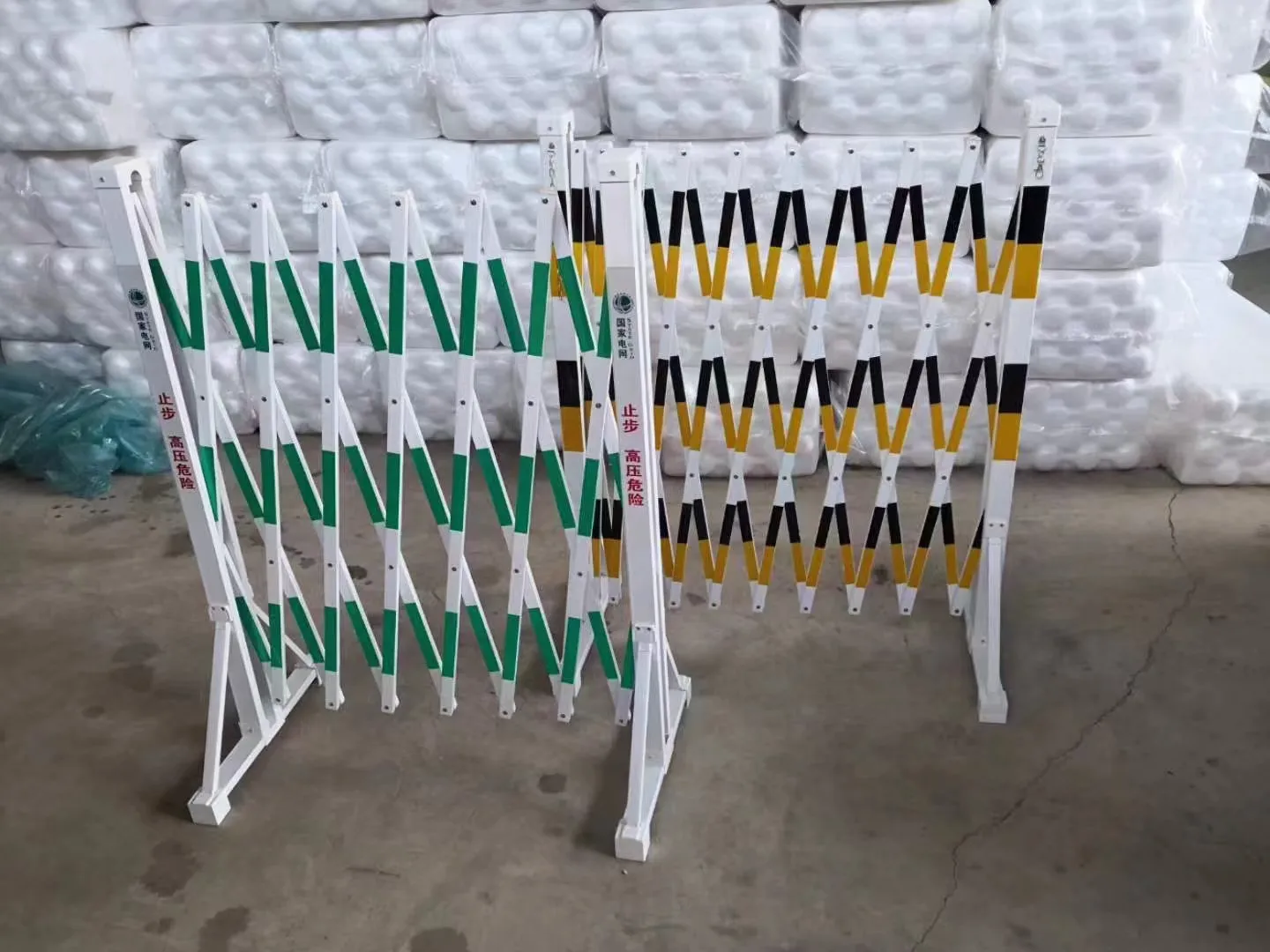loading...
- No. 9, Xingyuan South Street, Dongwaihuan Road, Zaoqiang County, Hengshui, Hebei, China
- admin@zjcomposites.com
- +86 15097380338
- Welcome to visit our website!
Durable Fiberglass Access Platforms for Safe and Efficient Work at Heights
The Importance of Fibreglass Access Platforms in Modern Construction
In the ever-evolving world of construction, safety and efficiency are paramount. Access platforms are essential tools that provide safe and reliable access to elevated work sites, and fibreglass access platforms have emerged as a popular choice for many reasons. This article will explore the benefits of fibreglass access platforms and why they are increasingly being adopted in various construction scenarios.
What are Fibreglass Access Platforms?
Fibreglass access platforms are made from a composite material known as fibreglass-reinforced plastic (FRP). This material is created by combining glass fibres with a resin to produce a strong, lightweight, and corrosion-resistant structure. Unlike traditional access platforms made from steel or aluminum, fibreglass platforms offer distinct advantages that make them ideal for various applications.
Safety First
One of the foremost advantages of fibreglass access platforms is their safety features. Fibreglass is inherently non-conductive, which significantly reduces the risk of electrical hazards, making these platforms ideal for use in environments where there is a chance of encountering electrical wires or equipment. This is particularly important in sectors such as electrical work, telecommunications, and even in some industrial settings.
Lightweight and Portable
Another notable benefit of fibreglass access platforms is their lightweight nature. Weighing much less than steel alternatives, fibreglass platforms are easier to transport and maneuver on job sites. This helps to improve productivity, as workers can set up and dismantle access solutions more quickly. Additionally, their lightweight design also reduces the physical strain on workers, contributing to a safer working environment overall.
Durability and Longevity
fibreglass access platforms

Fibreglass access platforms exhibit remarkable resistance to environmental factors. Unlike metal, fibreglass does not rust or corrode, making it suitable for both indoor and outdoor use. This resistance to harsh weather conditions, chemicals, and abrasion ensures that fibreglass platforms maintain their structural integrity and appearance over time, resulting in lower maintenance costs for construction companies.
Versatility
Fibreglass access platforms offer versatility unmatched by other materials. They can be manufactured to fit specific requirements, including custom dimensions and load capacities. This adaptability makes them suitable for a wide range of applications, from maintenance work in factories to installation tasks in wind farms or even for events in public spaces.
Environmental Considerations
In today’s world, sustainability is a significant concern across industries. Fibreglass is often produced with recyclable materials and can be recycled at the end of its service life. Choosing fibreglass access platforms can help companies align with eco-friendly practices, contributing to a decrease in waste and promoting a greener construction industry.
Cost-Effectiveness
While the initial investment in fibreglass access platforms may be higher than traditional options, the long-term cost benefits are significant. Due to their durability, low maintenance needs, and enhanced safety features, fibreglass platforms can reduce operational costs over time. Companies often find that the reliability and efficiency these platforms bring translate into greater profit margins and workforce satisfaction.
Conclusion
In conclusion, fibreglass access platforms represent a forward-thinking solution for modern construction needs. Their safety features, lightweight design, durability, versatility, and environmental benefits make them an excellent choice for a wide variety of applications. As industries continue to prioritize safety and efficiency, we can expect fibreglass platforms to play an increasingly prominent role in construction and maintenance operations, paving the way for safer, more effective work environments.
-
The Rise of FRP Profiles: Strong, Lightweight, and Built to LastNewsJul.14,2025
-
SMC Panel Tanks: A Modern Water Storage Solution for All EnvironmentsNewsJul.14,2025
-
GRP Grating: A Modern Solution for Safe and Durable Access SystemsNewsJul.14,2025
-
Galvanized Steel Water Tanks: Durable, Reliable, and Ready for UseNewsJul.14,2025
-
FRP Mini Mesh Grating: The Safer, Smarter Flooring SolutionNewsJul.14,2025
-
Exploring FRP Vessels: Durable Solutions for Modern Fluid HandlingNewsJul.14,2025
-
GRP Structures: The Future of Lightweight, High-Performance EngineeringNewsJun.20,2025
